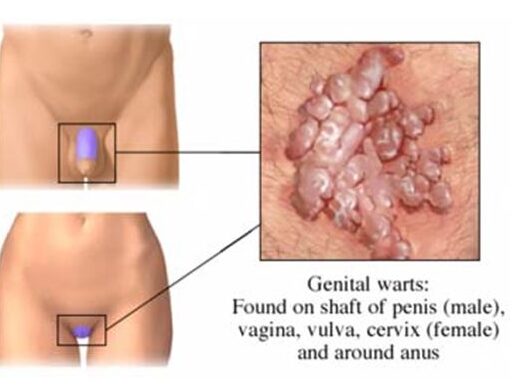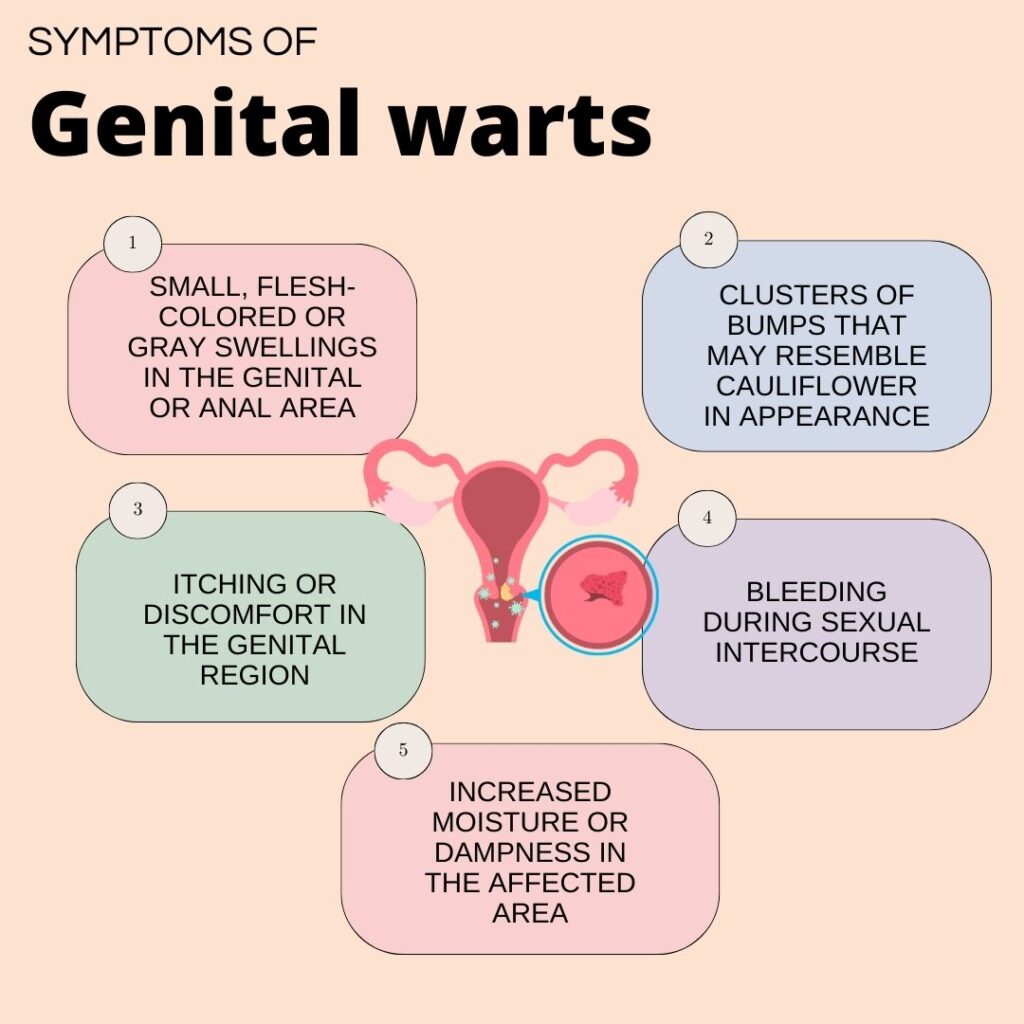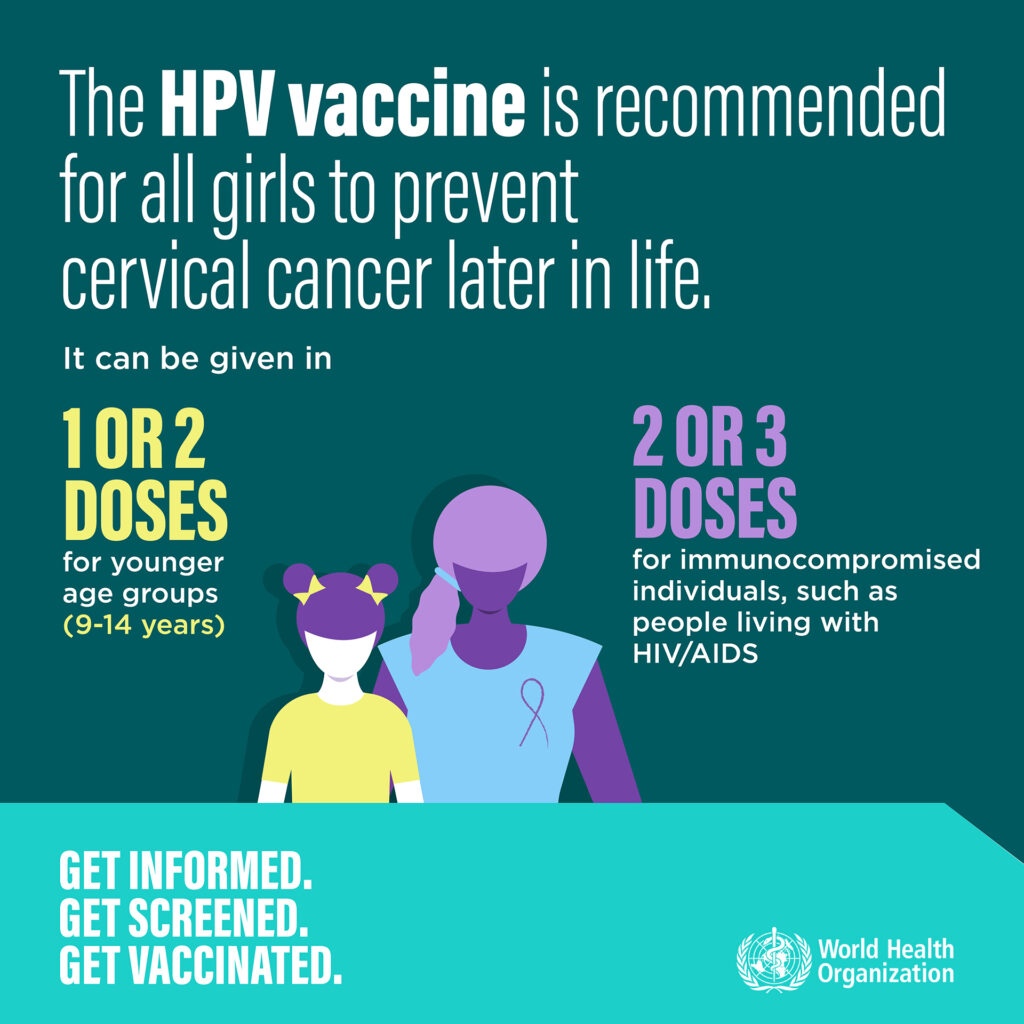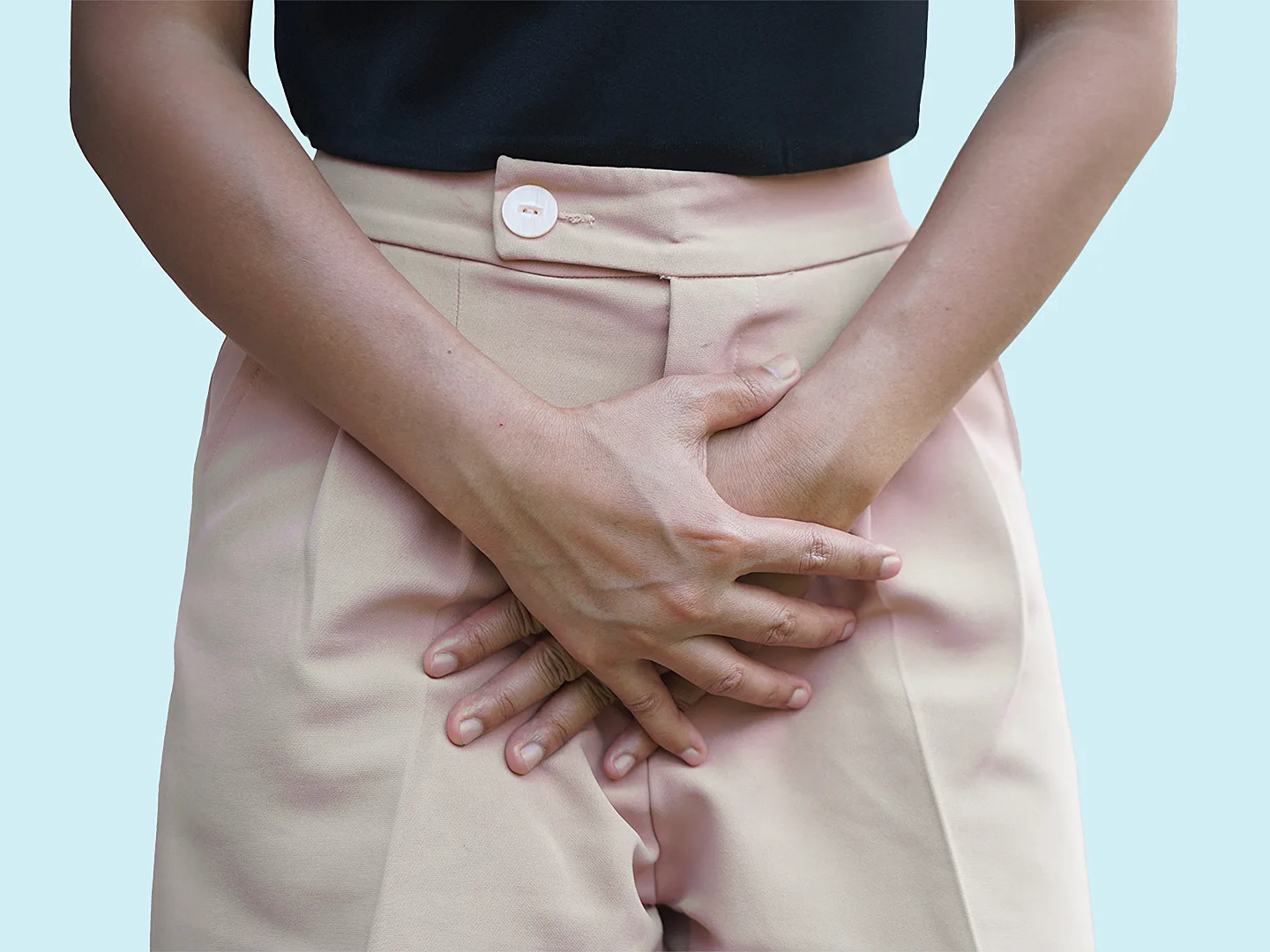Genital warts are one of the most common sexually transmitted infections (STIs), caused by the human papillomavirus (HPV). While they can be uncomfortable and distressing, they are treatable.
There are effective treatments to help remove warts, relieve discomfort, and prevent recurrence.
We’ll discuss what genital warts are, how they affect the body, the best medical and home treatments, and how to prevent future outbreaks.
What Are Genital Warts?

Genital Warts appear as small, flesh-colored or grayish bumps in the genital or anal area. They can be:
- Flat or raised
- Smooth or cauliflower-like in texture
- Singular or clustered
These warts don’t always cause pain, but some people experience itching, irritation, or discomfort during sex.
What Causes Genital Warts?
HPV types 6 and 11 cause 90% of genital warts. This virus spreads through skin-to-skin contact, primarily during sexual activity.
What Happens in the Body When You Have Genital Warts?

HPV infects skin cells, causing them to grow abnormally. Here’s how it works:
- HPV enters the body through tiny breaks in the skin.
- It hides inside skin cells, making them multiply abnormally.
- Warts develop weeks or months after infection.
- Your immune system tries to fight it off, but in some cases, the virus stays dormant and causes warts to return.
How Common Are Genital Warts?
Genital warts are very common. According to the CDC:
1 in 100 sexually active adults has genital warts at any given time.
HPV affects nearly 80% of sexually active people at some point in their lives.
Young adults (ages 20-39) are at the highest risk.
While genital warts are not cancerous, HPV can increase the risk of Cervical cancer (in women, Penile, anal, and throat cancers (in men and women). That’s why early detection and treatment are crucial.
How to Treat Genital Warts
1. See a Doctor for Diagnosis
Before starting any treatment, consult a healthcare provider. Your doctor may use:
- Visual examination – Looking at the warts.
- Acetic acid test – Applying vinegar to highlight warts.
- HPV testing – Also available as a self-test at some facilities like Marie Stopes through DrDoGood.
2. Medical Treatments
If diagnosed, your doctor may recommend:
Topical Treatments (Prescription Creams)
- These destroy wart tissue or boost the immune system:
- Imiquimod – Stimulates the immune system. (Wash off 6-10 hours after application).
- Podophyllin & Podofilox – Chemically destroy warts. (Must be washed off after 1-4 hours.)
Warning: Do not use over-the-counter wart removers—they are NOT safe for genital warts!
In-Office Procedures
If creams don’t work, doctors may recommend:
- Cryotherapy (Freezing) – Uses liquid nitrogen to freeze off warts.
- Electrocautery (Burning) – Uses an electric current to destroy warts.
- Laser Therapy – Destroys larger warts with high-intensity light.
- Surgical Removal – Cutting out warts under local anesthesia.
3. Home Remedies & Lifestyle Adjustments
While home remedies do NOT cure genital warts, they can ease symptoms:
A. Apple Cider Vinegar (ACV)
How to Use:
1. Mix equal parts ACV and water.
2. Soak a cotton ball and apply it to the wart.
3. Leave it on for 10-15 minutes, then rinse.
WARNING: ACV can cause burns and irritation. Do NOT use it inside the vagina or anus.
B. Boosting Immunity to Fight HPV
A strong immune system helps your body clear HPV naturally.
- Best Foods for Immunity:
-Fruits & Vegetables – High in Vitamin C (e.g., oranges, spinach).
-Lean Proteins – Supports immune function (e.g., fish, chicken).
-Probiotic Foods – Boosts gut health (e.g., yogurt, kimchi).
Need a meal plan? A registered dietitian on DrDoGood can help!
- Things to Avoid:
-Smoking & Alcohol – Weaken immune response and increase HPV persistence.
How to Prevent Genital Warts

1. Get Vaccinated (HPV Vaccine)
The Gardasil 9 vaccine protects against HPV types 6, 11, and high-risk cancer strains.
💉 Recommended for ages 9-45.
💉 Most effective before first sexual contact. However, this doesn’t mean it is not useful outside of this condition
2. Practice Safe Sex
- Use condoms (reduces, but doesn’t eliminate risk).
- Get regular STI tests.
Final Thoughts
Genital warts are treatable, but HPV can stay in the body and cause re-occurrence.
Medical treatments work best and require expert supervision—see a doctor now on DRDOGOOD for proper care. You can even find some self-test kits.
Prevention is key—consider the HPV vaccination and practice safe sex.

